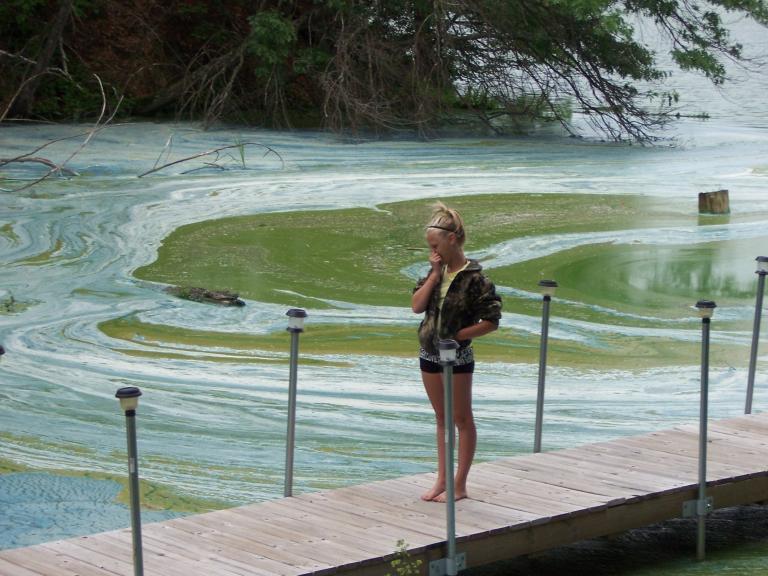
A small cod caught near England. (Photo by john47kent.)
The headline in the Telegraph is startling: “Just 100 cod left in North Sea.” One hundred fish? Over a massive, 750,000-square-kilometer expanse of the Atlantic near Northern Europe?
Sort of. There are more than 100 cod in the North Sea. The problem isn’t that there are almost no cod, the problem is that there are very few cod of a certain age and size. From the article:
Chris Darby, head of the Cefas team, said: “Our latest assessments suggest in 2011 there were 600 cod aged 12 to 13 in the North Sea, of which about 200 were caught.
“None of the catches recorded at North Sea ports around Europe showed any fish aged 13 or over. Analysis of that data suggests there are fewer than 100 such fish in the whole North Sea.”
I spoke with Callum Roberts, professor of marine biology at York University, who is familiar with the report. He explained that the 100-fish number is as much a bad omen as it is an alarming figure.
“There should be a lot of much-older cod in the North Sea,” Roberts said. “Cod can live for at least 25 years — or probably much older in the olden days when we fished them a lot less. It’s the big, old fish that contribute the great majority of the offspring that replenish populations. They are the anchors of reproduction. If we lose the big old fish, then the reproductive output of the population as a whole goes down steeply.”
Age 13 isn’t some magic indicator. It’s simply a benchmark for the age of the cod stock on the whole. Since older fish are bigger and have more eggs, the drop-off in that population bodes poorly for regrowth of cod overall.
“When you start fishing intensively, you lose the big old animals, because they just can’t avoid nets or traps or hook-and-lines long enough to get big and old,” Roberts told me. “So the more intensively you fish, the more compressed your age structure becomes. You get fewer and fewer animals around that are a year or two older than the age of first reproduction. You get adverse evolutionary effects of fishing to try and compensate for the heavy mortality. You see a gradual shift toward animals reproducing younger and at smaller sizes.” Smaller and smaller fish means bodies capable of producing fewer eggs.
I asked Roberts about a report released by the International Council for the Exploration of the Sea which suggested that cod stocks in the North Sea were rebounding. He noted that there had been a small increase — but a small percentage increase on a small number means not a lot of new fish. “The population will become more susceptible to environmental variations and shocks” without larger fish, Roberts notes. “There will be more risk of collapse and [they’ll be] less able to bounce back from bad times than a population that is healthy with lots of big old fish.”
Despite the Telegraph’s headline, the problem isn’t that the population has dropped to only 100 cod. The problem is that those 100 fish are the engine of cod reproduction — and that engine is grinding to a halt.




